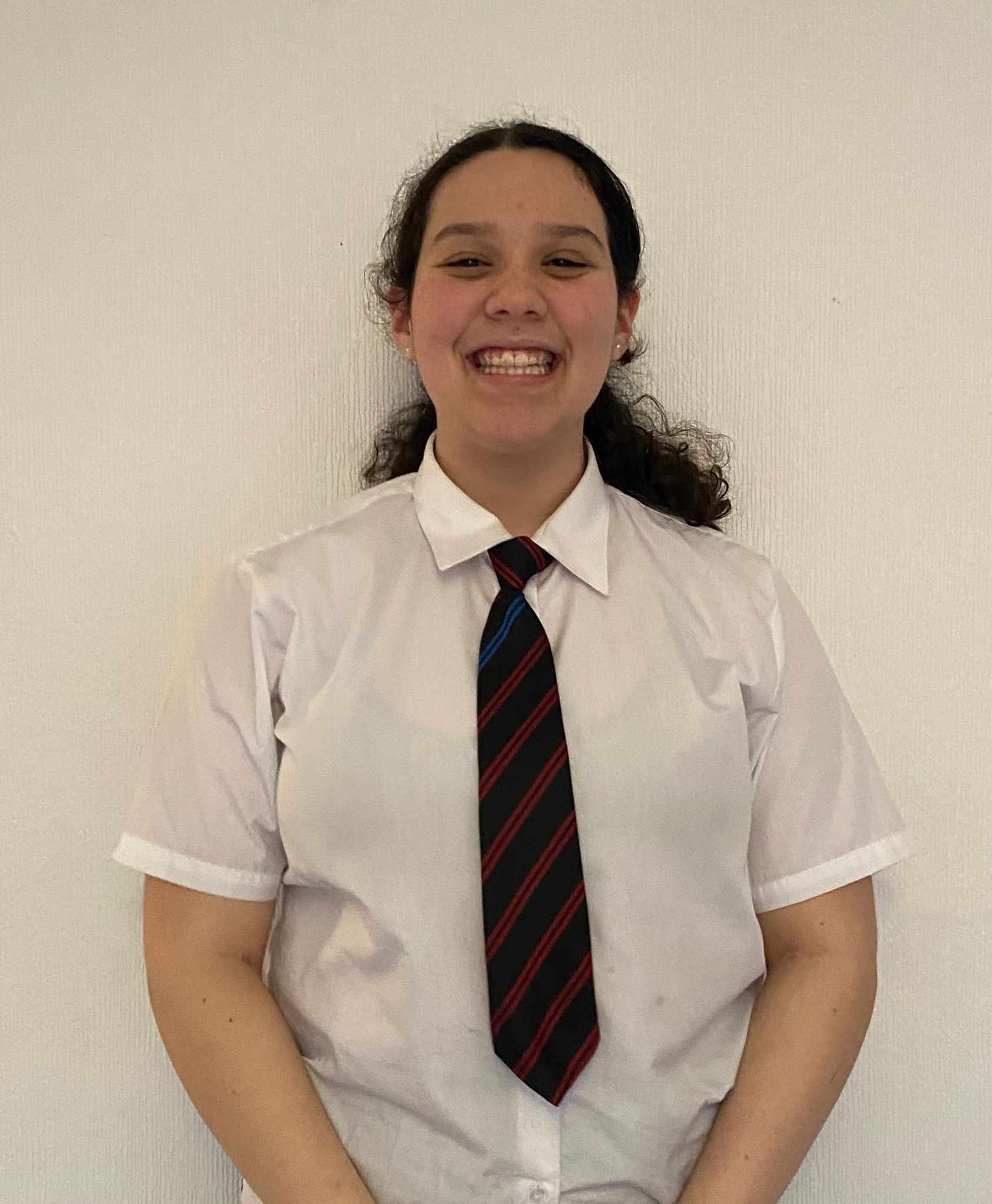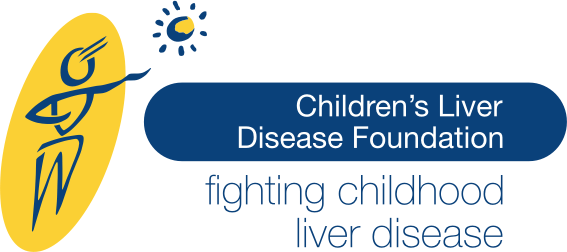
Earlier this year we heard from 14 year old Mirri about how she was coping with being diagnosed with autoimmune hepatitis eight months previously. In this month’s blog she tells us more about the impact on her school life.
Pre-diagnosis I enjoyed school. I still do. However now I feel more behind than my classmates and often feel like I am missing out.
With my condition my energy is very limited so daily tasks take more effort than they would for “normal” people. School is one of the things that takes a lot of energy. I’m now in Year 9 – we get a lot of work and when I first got back to school post diagnosis I was barely managing two days a week. Because of my low attendance, I feel as if I am constantly catching up with my lessons and what has happened when I was not in. When I am not in school I often miss out on critical information that will help with assessments which means my grades are usually lower than pre-diagnosis. To help manage this I make sure I can get as many information sheets as I can when I am back in to fill in the gaps of information. I also understand my grades instead of being discouraged by them.
My low energy also prevents me from doing the activities I used to love such as drama, hockey and netball. Although I can still do all these activities I try to conserve my energy so I can achieve as much as possible in school. Instead of viewing these things as boundaries I try to set goals, like maybe I can do it next term or next year? I would also recommend asking if your school will let you get involved in activities by helping out so you can still have the experience without becoming exhausted. For example, I’ve been allowed to help with coaching which I really enjoyed as sport was something I’ve missed.
My friends are very understanding of my condition and still include me but sometimes it can still be very isolating. For example, if my friends are going out on a weekend, as much as I would love to go, after a week of school I am too tired to go out. Sometimes people don’t quite understand that fatigue with a chronic illness is very different to a “normal” person being tired and that we can’t just push through it without consequences. I overcome this by being in group chats with my friends which I can access anytime and sometimes I will just call them while they’re out and see what’s going on!
My tips for managing school and friendships with liver disease are:
Don’t stress – stress can make your symptoms worse and it’s not going to make school or friendships easier.
Awareness – if people are aware of your condition they will understand you’re not doing it for fun and you aren’t lying about being ill often.
Take a break– don’t overload your schedule and it’s okay if you can’t make it to things and have to cancel plans.
Push for accommodations in school – it may take a while but little things like a toilet pass and medical pass can make school feel less daunting. CLDF are a massive help with this and can provide education packs for school so they understand childhood liver diseases easier.


Thank you Mirri for sharing your experience and your blog post is very informative and inspiring. My daughter was diagnosed with autoimmune liver disease early 2023 at age 9. Last year was very disruptive for her due having to adjust to the medication, weekly blood tests, periods spent in hospital and having to be home schooled for a number of months. Thankfully she is now stable and enjoys school and sports but her condition does indeed limit her energy levels and she often feels embarrassed about her illness. She will gain more confidence as she grows and your advice is very inspiring for her to know she’s not alone. The worlds needs more people like you to share the word and educate our GPs, schools, employers and the wider public! Keep up the good work Mirri and I wish you every success in your future 😊 xx